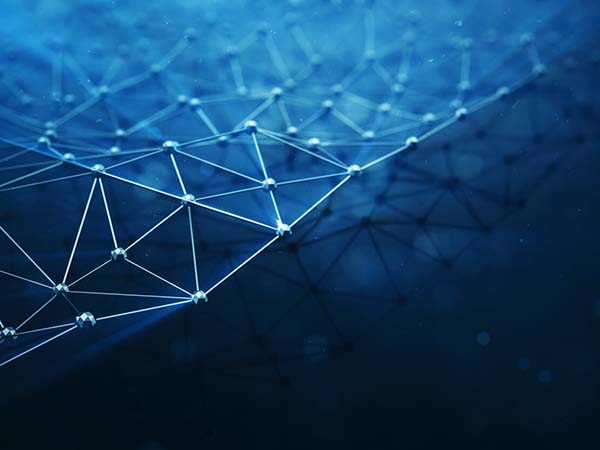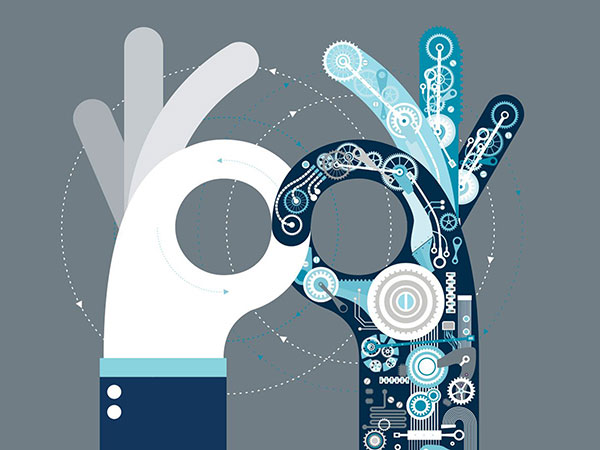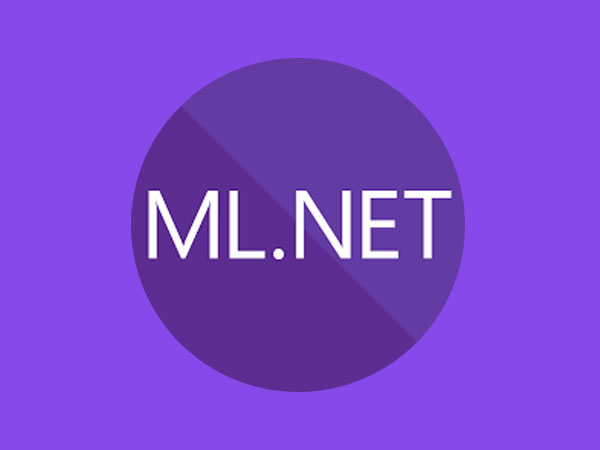Imagine a baby coming into the world. From the moment she opens her eyes, there is a world of learning to absorb. Every action will create an imprint on her brain, and she will not stop learning until the moment she leaves the world. She develops because of her environment, because of the things she studied, the books she read, the work she carried out, the people she talked with, etc.
Now, imagine an artificial neural network – that learns and draws its own conclusions. Similar in some ways to a human brain, but far easier to program, and with a limitless potential for growth. It analyses arrays of data – looking at inputs and outputs. If a cat is thrown into some water, it won’t be too happy. A deep learning array could work that one out without breaking a sweat.
Recently, deep learning has taken huge strides forward. The neural networks are now teachable. If a lion were thrown into some water, how would it feel? It is a banal example, but this science has now reached the stage that machines can start to “think” for themselves and make predictions far more complicated than the example above.
Deep learning “really doesn’t look like a computer program,” says Gary Marcus a psychologist and AI expert at New York University. Code is normally written in very strict logical steps. “But what you’ll see in deep learning is something different; you don’t have a lot of instructions that say: ‘If one thing is true do this other thing.”
There is good reason to be excited about deep learning, the algorithms far exceed many of its predecessors in its abilities to recognize syllables and images, and we are a step closer to truly independent A.I.
Deep learning, for instance, is very well-suited to sorting and categorizing problems that humans do mostly without conscious effort. However, it can do it unimaginably quicker. It analyses situations and comes to conclusions – the applications for the Big Data space are enormous.
Machine intelligence in general and deep learning, in particular, will have a significant impact on what happens in tech in the coming year. Large tech companies with vast data holdings will be motivated to extract value from all of this data now that it is scalable.
Just last year, our friends at Facebook created the AI Research Unit, which helps to better identify faces and objects in the huge amount of photos and videos uploaded to Facebook each day.
The self-driving car revolution is likely to be one of the many beneficiaries. Not sure that I would trust an algorithm to get me to work just yet, but who knows what the next 10-20 years might bring. With the advancement in Deep Learning techniques, pushed forward by the likes of Andrew Ng, Ray Kurzweil and Geoffrey Hinton, who knows what is possible?
Today, I have scratched the surface of something, which will have a huge impact on our lives over the next decades. When the likes of Google, Microsoft and Facebook start to invest heavily in an area, the world should take notice.

Artificial intelligence and machine learning: What’s the difference
How...












